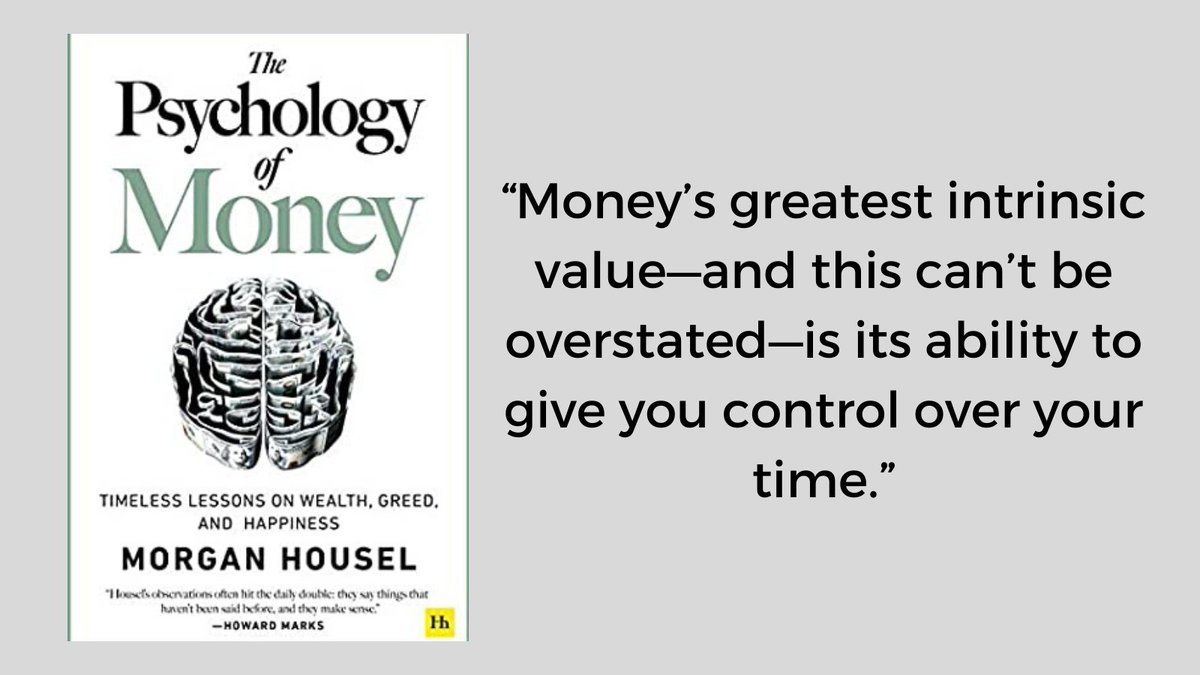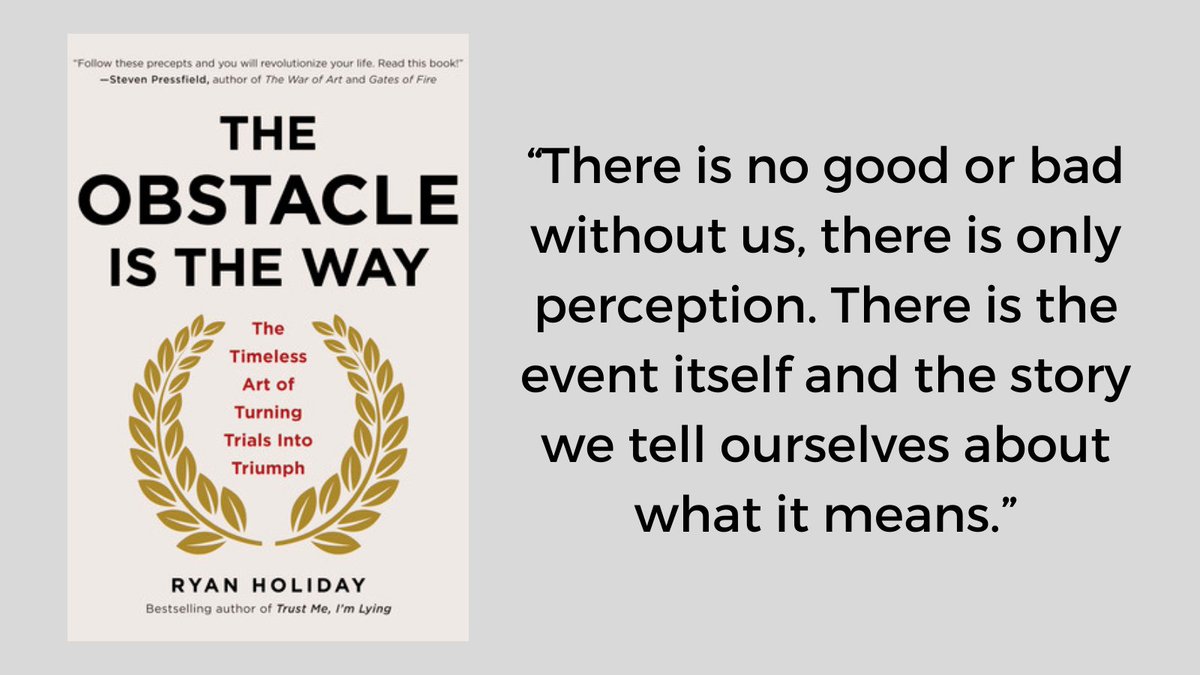Think Again by Adam Grant
Lessons:
• We are most confident when we lack competence (Dunning-Kruger effect)
• Admitting that you don’t know something is a superpower
Never Split the Difference by Chris Voss
Lessons:
• Build trust through mirroring and tone of voice
• Take things slowly
1984 by George Orwell
Lessons:
• We are shaped by our circumstances
• Our past is controlled by our present
Deep Work by Cal Newport
Lessons:
• Our attention span is 8-seconds
• Stop working at the same time each day and shut everything off
The Psychology of Money by Morgan Housel
Lessons:
• We make decisions based on our context
• Use money to control your time
Breath by James Nestor
Lessons:
• Breath out of your nose, not your mouth
• Slowing down your breathing improves your health
Essentialism by Greg McKeown
Lessons:
• Rate everything from 0 to 100 based on importance. If not greater than 90, don’t do it
• Add a 50% buffer to any time estimate
Fahrenheit 451 by Ray Bradbury
Lessons:
• We need to think for ourselves
• Facts are useless without context
Outliers by Malcolm Gladwell
Lessons:
• It takes 10,000 hours of intentional practice to become world-class
• The month you’re born in can be an advantage or disadvantage
Why We Sleep by Matthew Walker
Lessons:
• Sleeping less increases the risk of certain diseases
• Tips to sleeping better
Man’s Search for Meaning Viktor Frankl
Lessons:
• We can always choose our attitude
• You can find meaning through suffering
Atomic Habits by James Clear
Lessons:
• How small habits compound
• Form new habits by making them obvious, attractive, easy, and satisfying
To Kill a Mockingbird Harper Lee
Lessons:
• Don’t judge a book by its cover
• Actions speak louder than words
The Obstacle Is the Way by Ryan Holiday
Lessons:
• How to turn adversity into success
• Accept what you cannot change and change the things you can
Predictably Irrational by Dan Ariely
Lessons:
• Free is actually price. Loss avoidance is a huge motivator
• You overvalue what you own (endowment effect)
If you enjoyed this thread, I'd appreciate a RT of the first tweet.
I write 1-2 threads a week on:
• Business & personal frameworks
• Building generational wealth
• Living intentionally
Follow me to see what's next:
@KurtisHanni https://t.co/Vnz4Vgz8Gw















